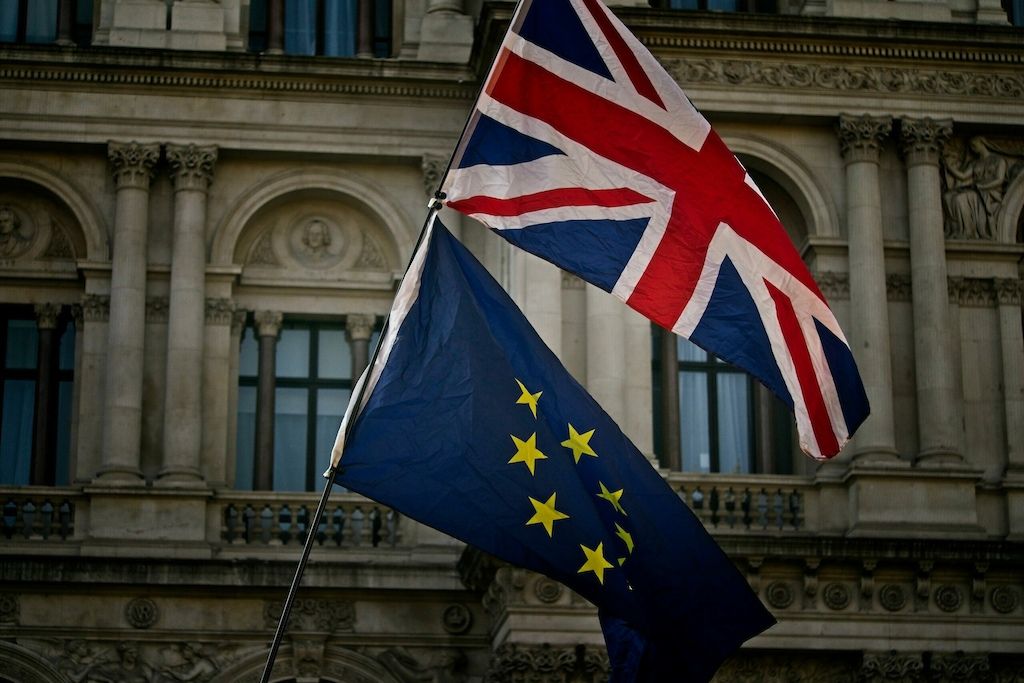Exporting luxury goods to the Irish market can be a lucrative venture, but it also comes with its fair share of challenges. From understanding the key trends and consumer preferences to navigating the competitive landscape, there are several factors to consider. However, one of the biggest hurdles that exporters often face is collecting debts from Irish buyers. Cultural factors and payment attitudes, as well as legal and regulatory considerations, can make the debt collection process complex and time-consuming. In this article, we will explore the key challenges in collecting debts from Irish buyers and provide valuable insights for exporters.
Key Takeaways
- Understanding the cultural factors and payment attitudes of Irish buyers is crucial for effective debt collection.
- Navigating the legal and regulatory landscape in Ireland is essential to ensure compliance and maximize debt recovery.
- Building strong relationships with Irish buyers can help facilitate debt collection and improve overall business partnerships.
- Implementing clear and transparent payment terms and conditions can minimize the risk of debt collection issues.
- Working with local debt collection agencies or legal professionals in Ireland can provide valuable expertise and support in collecting debts.
Understanding the Irish Luxury Goods Market
Key Trends and Consumer Preferences
In the Irish luxury goods market, we have observed several key trends and consumer preferences. Irish buyers have shown a strong interest in high-end fashion brands, particularly those from Europe and the United States. They value quality, craftsmanship, and exclusivity. USA-Ireland B2B Collection Agencies play a crucial role in ensuring timely payments and debt collection from Irish buyers. These agencies specialize in cross-border debt recovery and have extensive knowledge of the Irish market. By partnering with them, we can mitigate the challenges associated with collecting debts from Irish buyers.
Competitive Landscape and Market Players
In analyzing the competitive landscape and market players in the Irish luxury goods market, we have identified several key factors that shape the industry. These factors include consumer preferences, brand reputation, pricing strategies, and distribution channels. Understanding these dynamics is crucial for success in this market.
Challenges in Collecting Debts from Irish Buyers
Cultural Factors and Payment Attitudes
When it comes to cultural factors and payment attitudes, understanding the Irish market is crucial. Irish consumers value quality and craftsmanship, making luxury goods an attractive proposition. However, there are certain challenges to consider. For instance, the Pharmaceutical Trade Tensions between Ireland and other countries can impact the purchasing power of Irish buyers. It’s important to navigate these factors and adapt our debt collection strategies accordingly.
Legal and Regulatory Considerations
When it comes to legal and regulatory considerations, we must be aware of the unique challenges that arise when collecting debts from Irish buyers. The Irish legal system operates under a common law framework, which means that court judgments can be enforced to recover outstanding debts. However, it is important to note that the process can be time-consuming and costly. Additionally, there are specific regulations in place that govern debt collection practices, such as the Consumer Protection Code and the Data Protection Act. These regulations aim to protect consumers and ensure fair treatment in debt collection processes.
Challenges in Collecting Debts from Irish Buyers
Frequently Asked Questions
What are some key trends in the Irish luxury goods market?
Some key trends in the Irish luxury goods market include a growing demand for sustainable and ethically sourced products, an increasing preference for personalized and unique items, and a shift towards online shopping.
Who are the major players in the Irish luxury goods market?
Some major players in the Irish luxury goods market include Brown Thomas, Arnotts, Kildare Village, and Weir & Sons.
What cultural factors influence payment attitudes in Ireland?
In Ireland, cultural factors such as a strong aversion to debt, a preference for cash transactions, and a cautious approach to credit can influence payment attitudes.
What are the legal considerations when collecting debts from Irish buyers?
When collecting debts from Irish buyers, it is important to be aware of the legal framework, including the Consumer Credit Act, the Data Protection Acts, and the Small Claims Procedure.
How can I navigate the challenges of collecting debts from Irish buyers?
To navigate the challenges of collecting debts from Irish buyers, it is recommended to establish clear payment terms, maintain open communication, consider offering installment plans, and seek legal assistance if necessary.
Are there any alternative methods for recovering debts from Irish buyers?
Yes, there are alternative methods for recovering debts from Irish buyers, such as engaging debt collection agencies, using mediation or arbitration services, or pursuing legal action through the courts.





